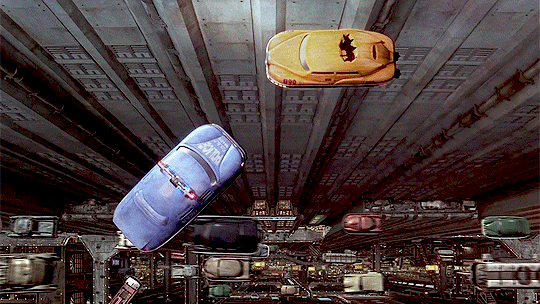The transport sector is one of the largest greenhouse gas emitters in Norway. Battery-driven transport is seen as the solution for a more sustainable sector. This is what we are investigating in the EMPOWER project.
But what do youth think about their transportation in the future? Will they still swoop around on their e-scooters or do they envision something else?
We are looking for 1-2 students who want to explore this topic. One of your tasks will be to design and implement workshops with youth, in which you explore how youth envision their future transportation. These workshops can be very hands-on, including the prototyping (wood, paper, lego, etc.) of the future means of transport. The workshops will take place at Klimahuset in Oslo's botanical gardens.
Theoretically, this master's thesis is informed by literature on sustainability transitions and citizen science. Sustainability transitions is a broad field referring to the systemic changes needed in societies in response to the environmental crisis we are facing. Citizen science is scientific research conducted with the participation of the general public.
Supervision
We regard the social aspect of doing a master's thesis as important as the academic aspect. As supervisors, we will offer you an engaged and inspiring environment in the Sustainability Lab as well as access to experts when needed.
Recommended courses:
- IN5010 Design, Technology & Society
- IN5470 Design for Sustainability (new course code in 2024)
- You may also want to choose one of the following courses: IN5120 (Tangible Interaction), IN5530 (Research through Design) or IN5510 (Participatory Experimental Design) or IN5410 (Energy Informatics)
Inspiring literature
Citizen science:
- Kjellqvist et al., 2022. Articulating Voices of the Young: How to bring youth into contemporary planning and governance?
- Sauermann et al., 2020. Citizen Science and Sustainability Transitions
- Storme et al., 2022. Citizen science and the potential for mobility policy - Introducing the Bike Barometer
Socio-technical transitions to sustainability:
- Geels, F. W., & Kemp, R. (2007). Dynamics in socio-technical systems: Typology of change processes and contrasting case studies. Technology in Society, 29(4), 441–455. https://doi.org/10.1016/j.techsoc.2007.08.009
- Smith, A., Voß, J.-P., & Grin, J. (2010). Innovation studies and sustainability transitions: The allure of the multi-level perspective and its challenges. Research Policy, 39(4), 435–448. https://doi.org/10.1016/j.respol.2010.01.023
- Verbong, G., Geels, F. W., & Raven, R. (2008). Multi-niche analysis of dynamics and policies in Dutch renewable energy innovation journeys (1970–2006): hype-cycles, closed networks and technology-focused learning. Technology Analysis & Strategic Management, 20(5), 555–573. https://doi.org/10.1080/09537320802292719

